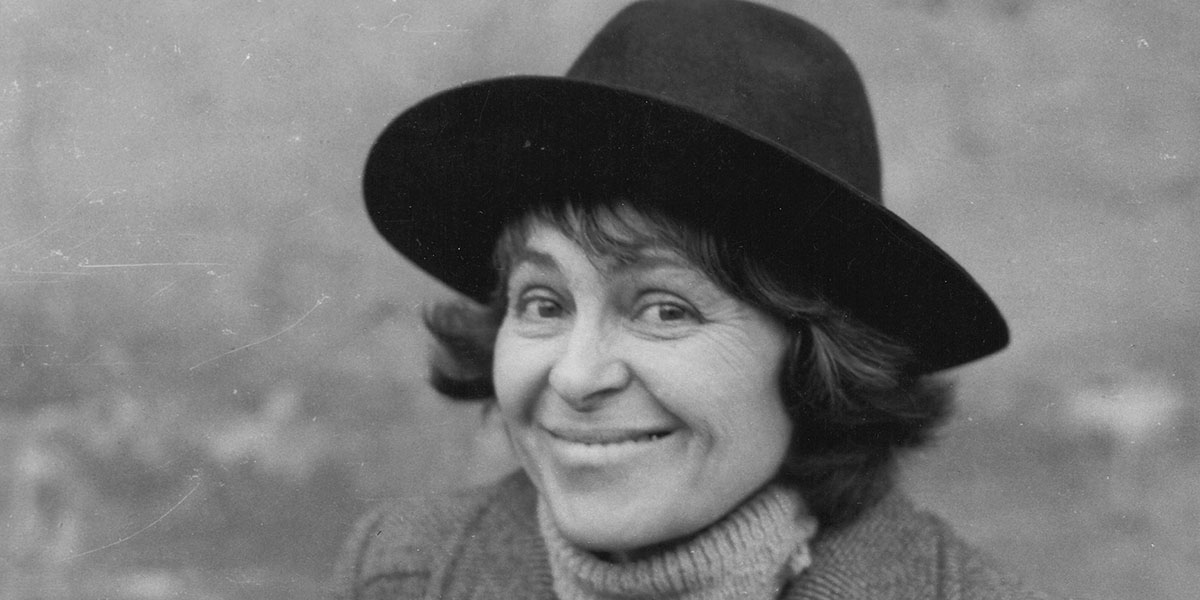Although female directors are finding more and more space for their works in the contemporary film industry, there is still a sense of female filmmakers being severely underrepresented. By 2018 Kathryn Bigelow is still the only female filmmaker who was ever been awarded with an Oscar for best director. Last year’s Harvey Weinstein saga has shown that film industry is also a toxic space for women artists. Additionally, for many of us it would be difficult to name any classic female director. Perhaps only Jane Campion or Kathryn Bigelow may spring to mind. Women filmmakers were largely excluded from the historic canon of cinema, despite many great women directors working across the globe since the birth of this medium.
Given these contexts Mark Cousin’s documentary series Women Make Film: A New Road Movie Through Cinema seems an apt response to discussed issues. The Irish director poses in his newest work following questions: What if he made a series of video essays that could serve as masterclasses on filmmaking? And what if he used works only of female directors to demonstrate what truly great directing is? Why should we have only such adjectives as lynchian, felliniesque, wellesian? Why not reboot our perception of cinema and challenge the falsely masculine narrative? During the Q&A session at London Film Festival the director said that his aim is to show everyone that the Japanese director Kinuyo Tanaka is as good as Martin Scorsese, and that it’s a disgrace that so few people are even aware of her output.
In the introductory sequence Tilda Swinton (who among Jane Fonda and other yet undisclosed women will narrate the entire series) states that “the film history has been sexist by omission”. To counteract this Cousins made an incredible effort to excavate forgotten gems of women filmmaking from archives across the globe.
Women Make Film is an astonishing work with hundreds (if not thousands) of clips brilliantly selected and analysed by the director. The series succeed not only in exposing viewers to many filmmakers they may not have heard of, but also offers an incredibly insightful lecture on the art of directing.
How to frame a scene? How to introduce and construct a character? What makes a film believable? Cousins’s responses to those questions reveal as much about the directing itself, as about him: a constantly curious and passionate film buff. In his analyses the Irish director draws not only from filmmakers, but also other arts. To hear him compare a scene from a Mongolese film from the sixties to Manet’s Water Lilies was surprising to say the least. Yet Cousins does not shy away from bold comparisons, making his series much more personal.
He explained his drive to explore the obscure fringes of cinematic history by saying: “My ignorance is my best friend”. And it serves as the best commentary on the entire Women Make Film mission. Cousins’s epic-scale work is still in progress. The version screened at the London Film Festival consisted only of four episodes, the ultimate goal being fourteen. He has already impressed the world of cinema with gargantuan, fifteen hour-long series called The Story of Film. Yet Women Make Film: A New Road Movie Through Cinema seems an even more challenging and important quest.
All quotes from Mark Cousins come from the Q&A session held with him at the London Film Festival on 20th October 2018.
Image source: BFI

